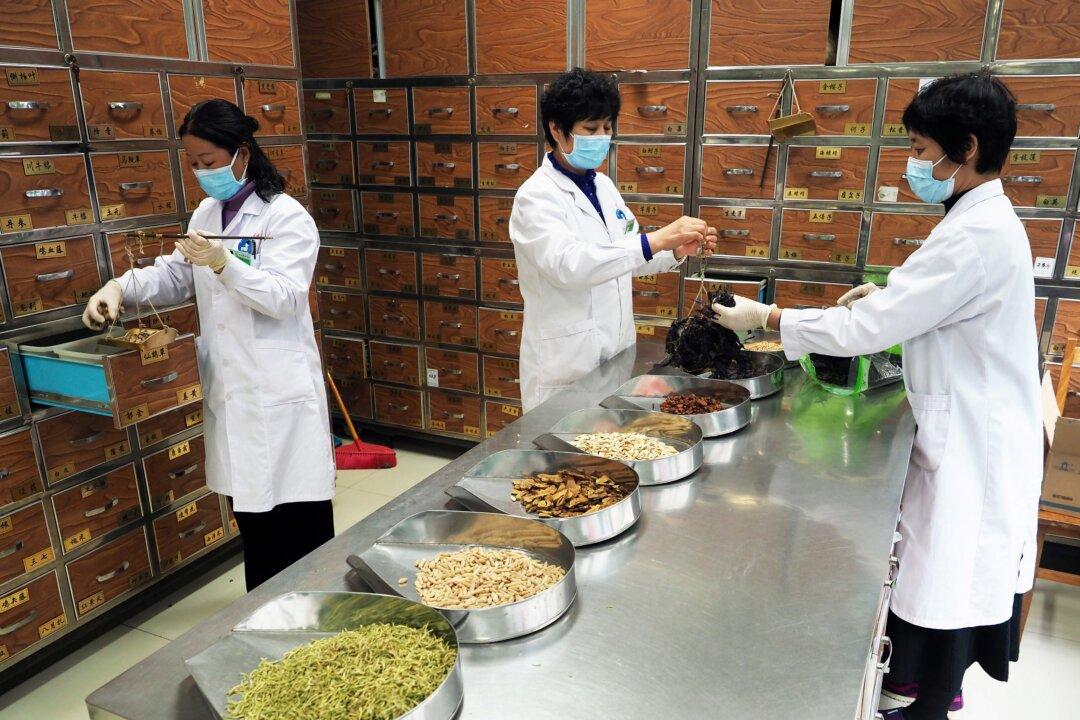Preliminary results from two clinical trials of therapeutics for the new coronavirus that’s spreading around the world are expected in several weeks, World Health Organization (WHO) officials said on Feb. 20.
The organization’s R&D Blueprint, a plan that allows the rapid activation of research and development activities during epidemics, has enabled the fast-tracking of two trials, Dr. Tedros Adhanom Ghebreyesus, WHO director-general, said at a press conference in Geneva at the organization’s headquarters on Feb. 20.





